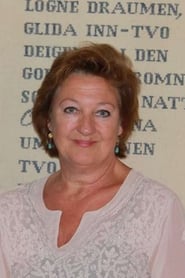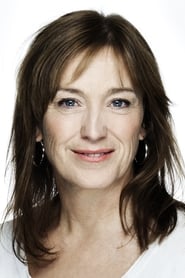

Four Votes(2012)
11 JUNE 2013 is one hundred years since Norwegian women got full voting rights on an equal basis with men. Norway was among the first countries in the world to introduce universal suffrage for both women and men. The work for universal suffrage for women went on for many years and was an issue that many people got involved in. The Voting Rights Committee has chosen to highlight four women who played a decisive role in the suffrage issue.
Movie: Four Votes
Top 4 Billed Cast
Fredrikke Marie Qvam

Fire Stemmer
HomePage
Overview
11 JUNE 2013 is one hundred years since Norwegian women got full voting rights on an equal basis with men. Norway was among the first countries in the world to introduce universal suffrage for both women and men. The work for universal suffrage for women went on for many years and was an issue that many people got involved in. The Voting Rights Committee has chosen to highlight four women who played a decisive role in the suffrage issue.
Release Date
2012-06-11
Average
0
Rating:
0.0 startsTagline
Genres
Languages:
NorskKeywords
Similar Movies
 7.5
7.5She's Beautiful When She's Angry(en)
A documentary that resurrects the buried history of the outrageous, often brilliant women who founded the modern women's movement from 1966 to 1971.
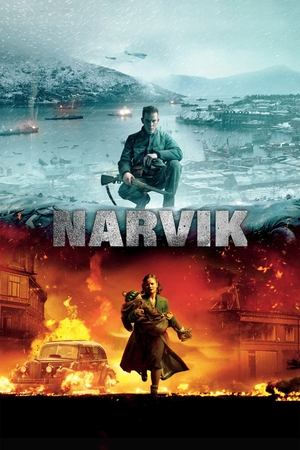 6.8
6.8Narvik(no)
April, 1940. The eyes of the world are on Narvik, a small town in northern Norway, a source of the iron ore needed for Hitler's war machine. Through two months of fierce winter warfare, the German leader is dealt with his first defeat.
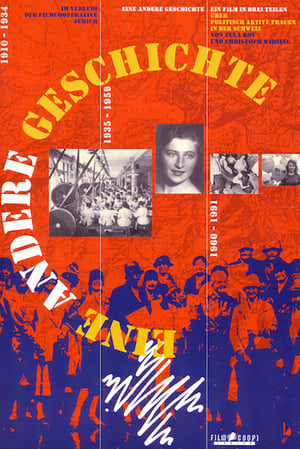 0.0
0.0A Different History(de)
A three-part documentary about the long road to women's suffrage in Switzerland.
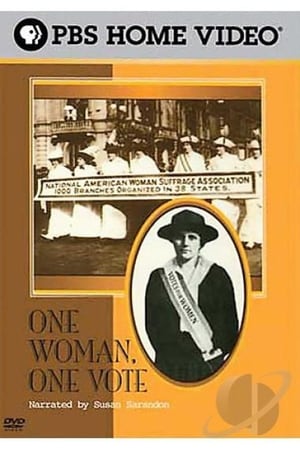 0.0
0.0One Woman, One Vote(en)
Oscar-winning actress Susan Sarandon narrates this educational installment of the popular "American Experience" series as it examines the 72-year struggle for a woman's right to vote. Segments focus on influential figures in the women's suffrage movement, including Elizabeth Cady Stanton and Alice Paul; the country's widespread fear of social revolution; and the U.S. Senate's passage of the 19th Amendment by a single vote.
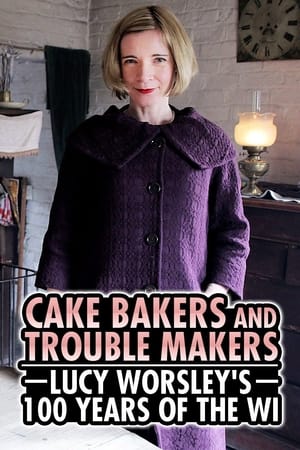 0.0
0.0Cake Bakers & Trouble Makers: Lucy Worsley's 100 Years of the WI(en)
Documentary to mark the WI's centenary. Lucy Worsley goes beyond the stereotypes of jam and Jerusalem to reveal the surprisingly radical side of this Great British institution.
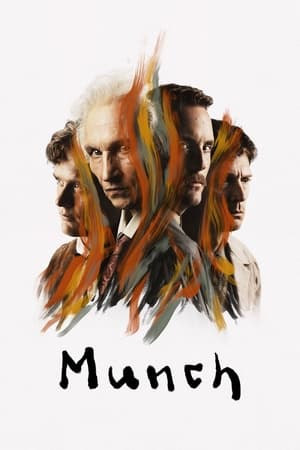 7.1
7.1Munch(no)
Edvard Munch was one of the most important artists in the period between the 19th and 20th centuries. His motif Skrik (The Scream), repeated in several techniques, became part of the 20th-century world subconsciousness – an image of fear and loneliness most people probably know, even if they have no idea who created it.
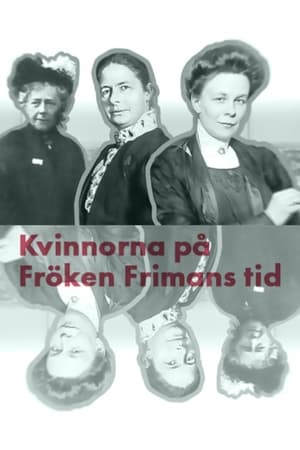 0.0
0.0Kvinnorna på fröken Frimans tid(sv)
The story of the road to women's suffrage in Sweden featuring interviews with relatives of the main characters.
 10.0
10.0Karoline Augusta Antonsen(nb)
Born into a family of farmers in the mid-19th century, Karoline Augusta Antonsen moves to a nearby industrial city in her late teens, driven by the dream of building a large family and owning a big house. This short film follows her journey of hope, and her struggle to survive in a tough economy. Will she achieve her lifelong ambition or will her story end in tragedy?
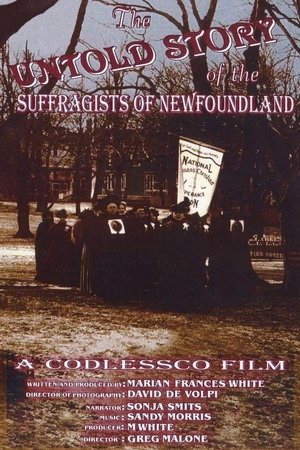 0.0
0.0The Untold Story(en)
The Untold Story of the Suffragists of Newfoundland (1999) is a docu-drama celebrating the thirty year struggle by the women of Newfoundland to win the right to vote.
 6.5
6.5Penthesilea: Queen of the Amazons(en)
Penthesilea, the first of six films made by Laura Mulvey and Peter Wollen, traverses thousands of years to look at the image of the Amazonian woman in myth. It asks, among other questions, is the Amazonian woman a rare strong female image or is she a figure derived from male phantasy? The film explores the complexities of such questions, but does not seek any concrete answers.
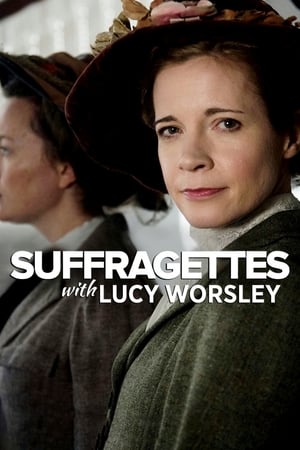 9.0
9.0Suffragettes, with Lucy Worsley(en)
The story of the struggle for the women's vote is much more than just the account of the exploits of Emmeline Pankhurst or the tragic fate of Emily Davidson. Lucy Worsley puts herself at the heart of the drama, alongside a group of astonishing young working class suffragettes who decided to go against every rule and expectation that British Edwardian society (1901-1910) had about them…
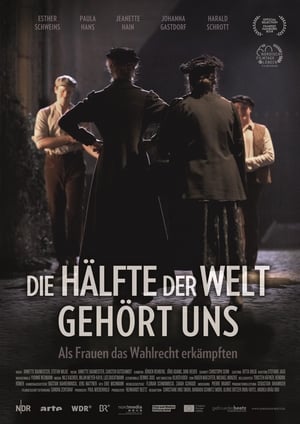 4.7
4.7We Are Half The World(de)
They were, at best mocked or ridiculed, at worst incarcerated, tortured, or even beheaded. But they would not be deterred. For decades ten thousands of women in Germany, Great Britain, in France, the U.S. and many other countries fought for their right to vote. Some used the institutions, others turned into media savvy politicians, and still others turned to terrorism, went on hunger strike, or died as martyrs. 100 years later we tell a multi-perspective and emotional story of the international fight, against all odds, for women’s suffrage as an important step towards equal rights.
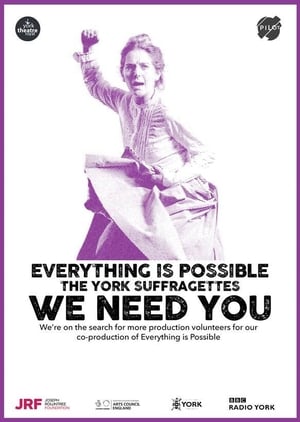 0.0
0.0Everything is Possible: The York Suffragettes(en)
It is 1913. Women across the country, outraged by inequality and prejudice are beginning to rise up and demand change. In York, a revolution is about to take place as an ordinary Heworth housewife risks her life and her family to join the fight. And she's not alone. Across the city, women run safe-houses, organise meetings, smash windows and fire-bomb pillar boxes. It's dangerous, it's exhilarating, it's ground-breaking: and in 2017 the amazing story of York's suffragettes will be told for the first time. Everything is Possible is York Theatre Royal and Pilot Theatre's latest large-scale community production. The play was performed on a spectacular scale with a cast of around 150 and a choir of 80. The performance started outdoors before moving onto the stage at York Theatre Royal. We raised the purple, green and white flags and cried "Votes for Women!" to sold-out audiences.
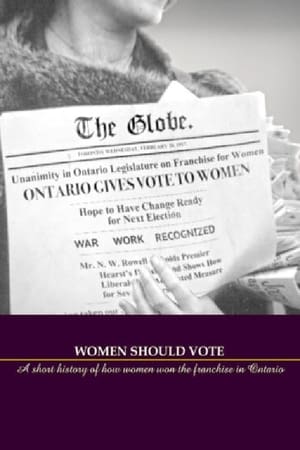 0.0
0.0Women Should Vote: A short history of how women won the franchise in Ontario(en)
The documentary follows the activism of prominent suffragists such as Emily Stowe, as they struggled for an equal say in their own future. These women formed associations, petitioned the Ontario Legislature, wrote essays, and held satirical events to achieve their goals of equal rights for women. It is a celebration of the 100th anniversary of women’s suffrage in Ontario.
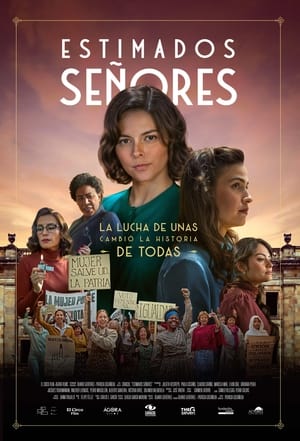 9.0
9.0Estimados Señores(es)
Estimados Señores sheds light on the little-known suffragette movement in Colombia. Set in 1954, the film follows Esmeralda Arboleda, a fiercely intelligent leader, who ignites a revolution in a society rooted in patriarchal traditions, culminating in a fierce and decisive debate. A group of women embark on a historic struggle to bring women's voting rights to the National Constituent Assembly. With bold marches, radio appearances and a brilliant media strategy that places them on the front page, they achieve their goal, but the real challenge begins in the debate, where they face fierce opposition. Esmeralda Arboleda must endure personal attacks from the assembly members, and just as she is about to speak, she receives a heartbreaking call: her son has suffered a serious accident. She is torn between her duty as a mother and her commitment to the cause, with an unfavorable outcome.
What Really Happened: Votes for Women(en)
It's 1892 and Kate Sheppard tells the story of the suffrage campaign - a pursuit that will continue until September 1893.
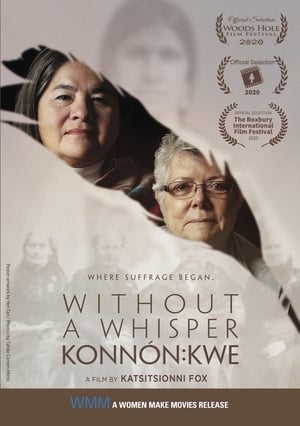 0.0
0.0Without a Whisper - Konnón:kwe(en)
"Without a Whisper" is the untold story of how Indigenous women influenced the early suffragists in their fight for freedom and equality. Mohawk Clan Mother Louise Herne and Professor Sally Roesch Wagner shake the foundation of the established history of the women’s rights movement in the United States. They join forces on a journey to shed light on the hidden history of the influence of Haudenosaunee Women on the women’s rights movement, possibly changing this historical narrative forever.
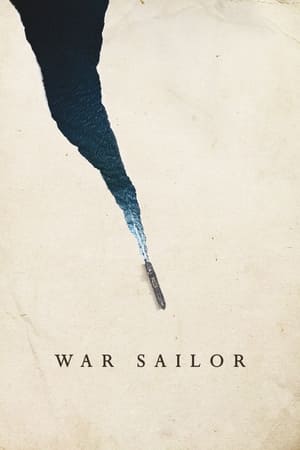 6.7
6.7War Sailor(no)
War Sailor is a magnificent drama that tells the story of the more than 30,000 Norwegian war sailors and their families' fate during and after the Second World War.
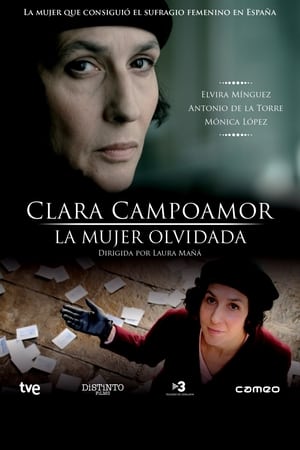 7.2
7.2Clara Campoamor, the Neglected Woman(es)
Spain, 1931. Under the Second Republic, women are eligible, but cannot vote. Victoria Kent and Clara Campoamor, the first women in the Spanish Parliament, intend to fight for women's rights, and Clara knows that the first step is to get the women's vote approved…
 0.0
0.0BORN SEXY YESTERDAY: Decoding the Enigma of Beauty(en)
October 1, 1985. The chilling emptiness in Michele Avila's eyes. Her murder, a savage ballet of teenage fury, ripped through the town, festering wounds exposing the venomous underbelly of a seemingly innocent friendship. Jealousy, a serpent coiled in the heart of adolescence, struck with the force of a viper, revealing the terrifying depths of envy's reach. These weren't just girls; they were predators. Women are born with many layers, a mix between good and evil. Out of all the positive tropes that can validate the existence of women, why is it that "Born Sexy Yesterday" is a trope that resonates with our male counterparts the most?
